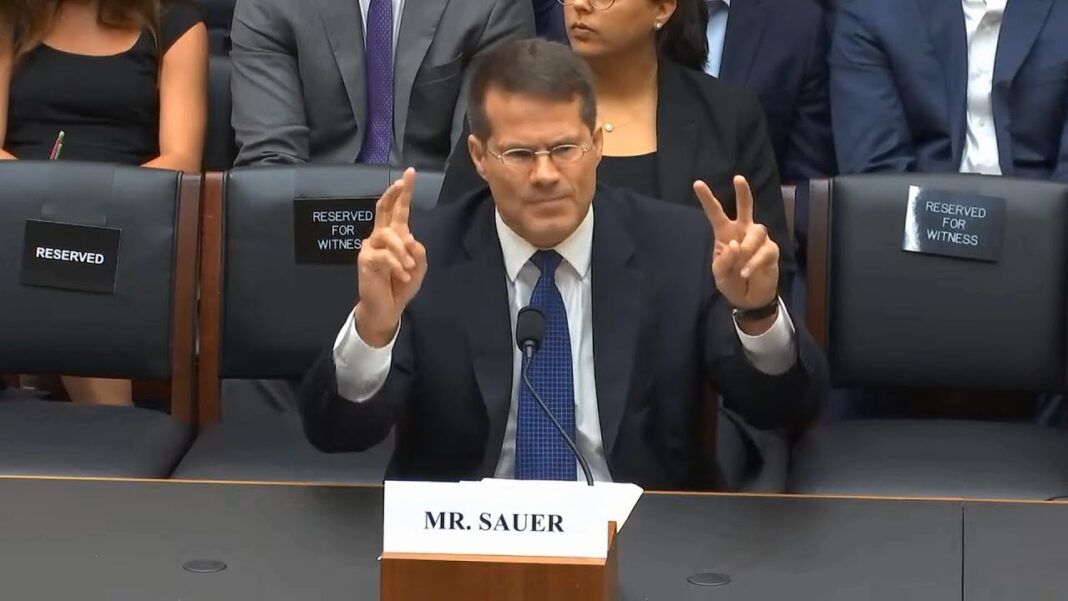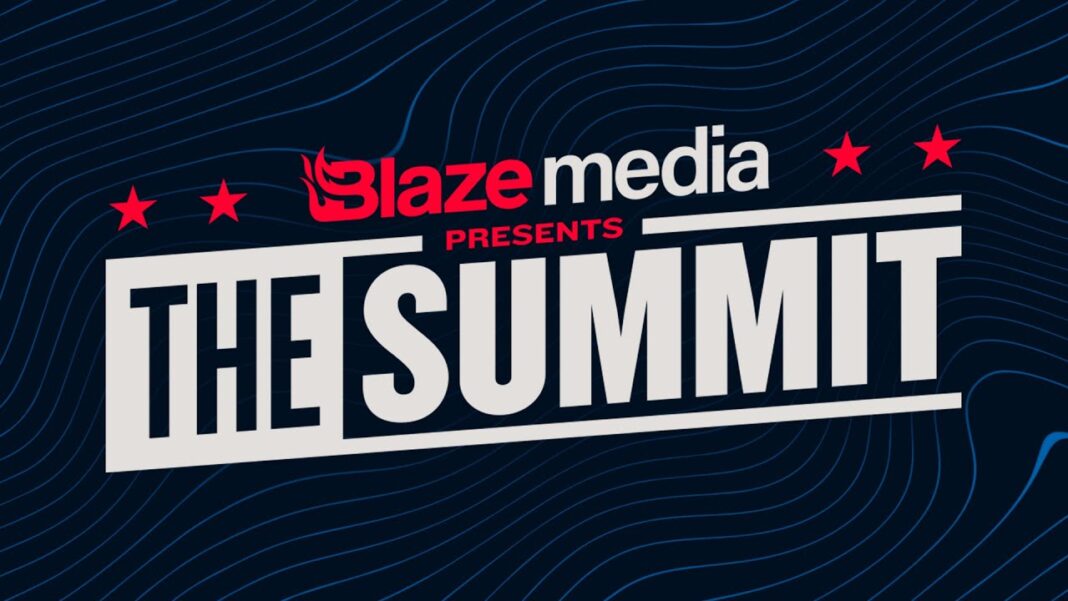
***
On July 15, the New York Post released a video of Kennedy saying that “COVID-19 is targeted to attack Caucasians and Black people,” and that among those who are most immune are Ashkenazi Jews and the Chinese.
Jewish groups condemned the remarks as anti-Semitic.
Kennedy responded with a tweet that said the Post’s reporting was wrong and that he “never, ever suggested that the COVID-19 virus was targeted to spare Jews.”
He cited a 2020 study published at PubMed, a database maintained by the U.S. National Library of Medicine and the National Institutes of Health, which looked at genetic susceptibility to COVID and said that “Amish and Ashkenazi Jewish populations do not appear to carry” deleterious variants in ACE2, a host factor for the virus. Other studies have also highlighted genetics as among the factors for susceptibility to COVID.
Kennedy said his point in noting that some ethnic groups were more susceptible to COVID-19 than others was a “proof of concept for ethnically targeted bioweapons.”
To support that argument, for which there is no hard evidence that anyone is developing such weapons, he cited a slew of media reports, including Chinese accusations — dismissed by U.S. authorities — that America is making race-specific bioweapons.
COVID central
The handling of COVID is central to Kennedy’s platform. He is among those who did not believe in government-imposed lockdowns or in masks to bring the virus under control. Kennedy also opposed mandated vaccines and raises questions over their safety.
“I’m not scared of a germ,” he adds. “What scares me is my children growing up in an America where they don’t have Constitutional rights.”
Guidance on the use and effectiveness of vaccines did change over time, as did advice on the effectiveness of masks—changes that scientists generally put down to dealing with a previously unknown disease and a completely new type of vaccine.
But Kennedy argues that reporters, as well as former chief medical advisor Anthony Fauci and other officials, should have at least expressed skepticism earlier on, when it became clear that vaccines did not completely stop the spread of the virus.
“I would like to see a trial,” Kennedy said of Fauci. He said Fauci had been obligated to use the best data in making decisions and he did not believe that he had done so. Fauci has not been accused of breaking the law by any U.S. enforcement agency. Newsweek contacted Fauci for comment.
Kennedy’s candidacy seems to be premised on “appealing to Democrats frustrated by Biden and dissatisfaction with how COVID was handled,” said Robert Shapiro, a political science professor at Columbia University, suggesting that it could be significant for the president if Kennedy does well in the New Hampshire primary.
“Being challenged like that can weaken an incumbent president,” he said.
Vaccines are a particularly emotive subject for Kennedy. Asking him about anti-vaccine activism is the one thing that stops him in his tracks on the way up the mountain.
“I’ve never been anti-vaccine. I’m pro-science,” he says. Kennedy said one of his catalysts for involvement in vaccines was a woman who provided him with a stack of research about a supposed relationship between autism and vaccines in 2005.
Although the Centers for Disease Control and Prevention (CDC) says vaccines do not cause autism, a vaccine court set up under a no-fault system awarded the woman, Minneapolis psychiatrist Sarah Bridges, $20 million for costs associated with caring for her son, who is autistic and suffers from seizures.
Kennedy also speculates over a possible link between vaccines and his strained voice, caused by spasmodic dystonia he got when he was 42.
“Three years ago when preparing a complaint against the flu-shot companies, I found out that many of the flu shots list this disease as a side effect, and at that point I was getting a flu shot every year,” he said.
RFK offered up access to hundreds of studies about the alleged side effects of vaccines, including the ones administered for COVID.
The CDC describes COVID vaccines as “safe and effective” after more than 600 million doses were given to Americans, noting that serious safety problems are rare. A 2021 study for instance found rates of vaccine-related myocarditis—a condition often highlighted by COVID vaccine opponents—at around one in 120,000, though its frequency rose in young men after vaccination.
Kennedy is regularly criticized from the left as a DINO, a Democrat in Name Only. As well as his views on COVID, he’s in favor of sealing the southern border; he’s against allowing trans women to compete against female athletes and he’s anti-war—including war in Ukraine.
“Some Democrats like him because he is a Kennedy,” notes John Pitney, a political science professor at Claremont McKenna College. “As more have learned about who he is and what he stands for, his Democratic support has edged downward.”
Kennedy responds to criticism of his positions with the argument that he is a proponent of free speech, accusing the Biden administration of orchestrating censorship—again in part over COVID.
Indeed, U.S. District Judge Terry Doughty recently issued a preliminary injunction barring federal agencies and officials from contacting social media firms for the purpose of discouraging speech, and the alleged censorship of Kennedy is mentioned three times in the judge’s written opinion. The Biden administration is appealing the decision and did not respond to a request for comment on Kennedy’s accusations.
By Paul Bond






